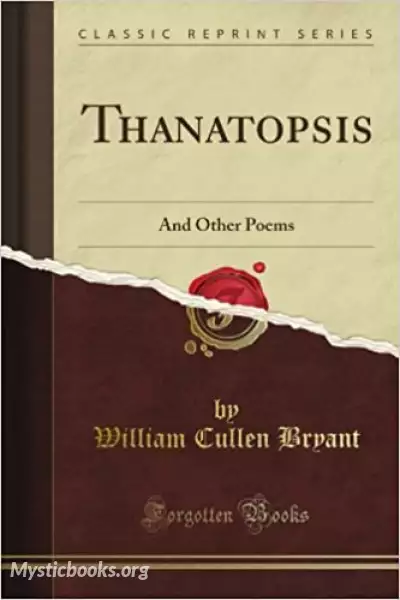
Thanatopsis
'Thanatopsis' Summary
When and where Bryant wrote "Thanatopsis" is unclear, and Bryant himself could not remember when he wrote the verse. According to Parke Godwin, Bryant's friend, Bryant wrote the poem when he was seventeen years old in mid-1811, just after he had left Williams College.
Bryant reportedly wrote his first draft of 'Thanotopsis' in Flora's Glen in Williamstown.
In History of American Literature, two dates are stated for the authoring of "Thanatopsis", 1811 and 1816. Bryant's inspiration for "Thanatopsis" came after reading William Wordsworth's Lyrical Ballads, as well as Robert Blair's "The Grave", Beilby Porteus's "Death" and Kirke White's "Time". After Bryant had left Cummington to begin his law studies, his father discovered a manuscript in Bryant's desk drawer, that contained "Thanatopsis" and a fragment of a poem, which would be published under the title "The Fragment", and later titled "An Inscription upon the Entrance to a Wood". He sent the two poems without his son's knowledge to the editors at the North American Review, where they were published in September 1817. The editors added an introduction to Thanatopsis in a completely different style. The part written by the author begins with "Yet a few days,". The author republished the poem in 1821 in a collection of works called Poems. He replaced the introductory section, made a few minor changes to the text and added more material after the original end of the poem, which was "and make their bed with thee!". Below is the revised version of 1821 which was retained in all later publications of the poem:
Book Details
Authors
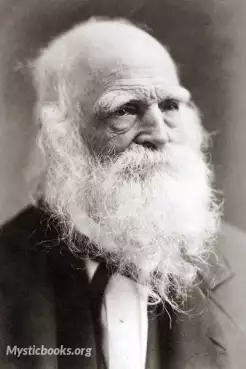
William Cullen Bryant
United States
William Cullen Bryant was an American romantic poet, journalist, and long-time editor of the New York Evening Post. Born in Massachusetts, he started his career as a lawyer but showed an interest in p...
Books by William Cullen BryantDownload eBooks
Listen/Download Audiobook
- Select Speed
Related books
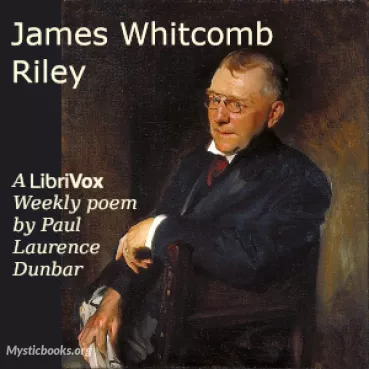
James Whitcomb Riley by Paul Laurence Dunbar
The poem is a heartfelt homage to Riley's life and work, capturing the essence of his poetry and his love for nature and simple pleasures. Dunbar's vi...
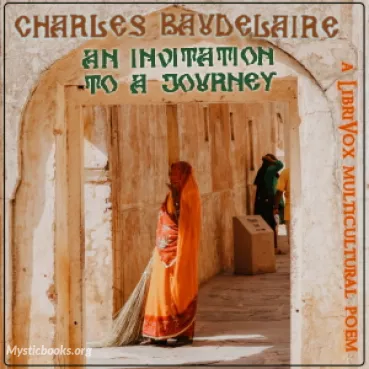
An Invitation to a Journey by Charles Baudelaire
The collection comprises several poems that reflect Baudelaire's worldview and his interest in exploring the darker side of human nature. The poems i...
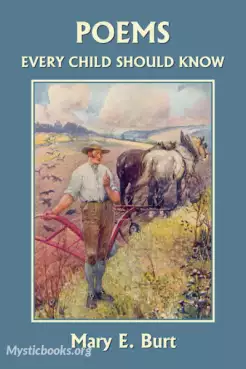
Poems Every Child Should Know by Various
This anthology of poetry, published in 1904, contains such favorites as The Raven, My Shadow, and The Village Blacksmith, as well as many lovely poems...
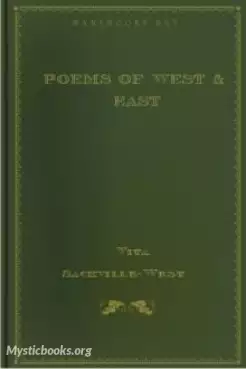
Poems of West and East by Vita sackville-west
Victoria Mary Sackville-West, The Hon Lady Nicolson, best known as Vita Sackville-West, was an English author and poet. Her long narrative poem, The L...
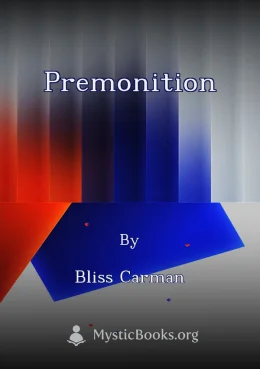
Premonition by Bliss Carman
Premonition is a collection of poems by Bliss Carman, a Canadian poet known for his lyrical and evocative style. The poems explore themes of nature, l...
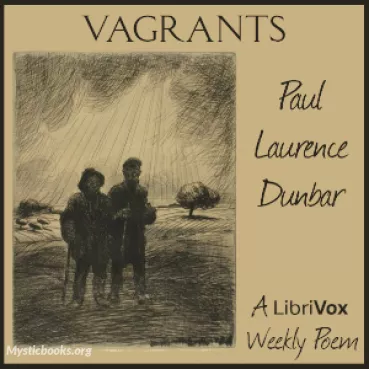
Vagrants by Paul Laurence Dunbar
The poem tells the story of homeless people, referred to as "vagrants," who wander the streets in search of food and shelter. Dunbar, who was the son...
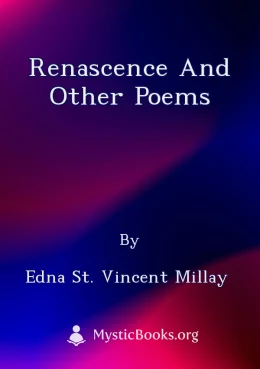
Renascence and Other Poems by Edna St. Vincent Millay
The following is a recording of the first volume of poetry published by Edna St. Vincent Millay. When the author had graduated from high school, she c...
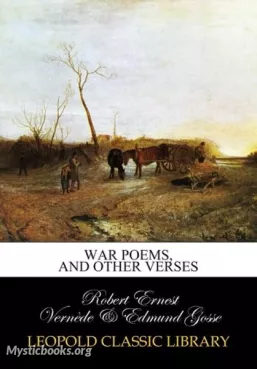
War poems and other verses by Robert Ernest Vernède
In the haunting verses of "War Poems and Other Verses," Robert Ernest Vernède takes us on an emotional journey through the trials and triumphs of huma...

When I set out for Lyonnesse by Thomas Hardy
This Weekly poem is from the collection Satires of Circumstance by Thomas Hardy (1914). Lyonnesse was a mythical Kingdom mentioned in the Arthurian le...
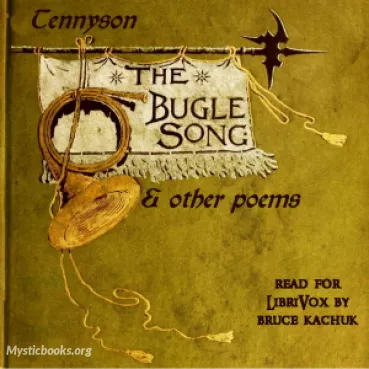
The Bugle Song and Other Poems by Various
This anthology has remained a beloved classic among poetry enthusiasts and literary scholars alike. Written by multiple poets, including well-known n...
Reviews for Thanatopsis
No reviews posted or approved, yet...